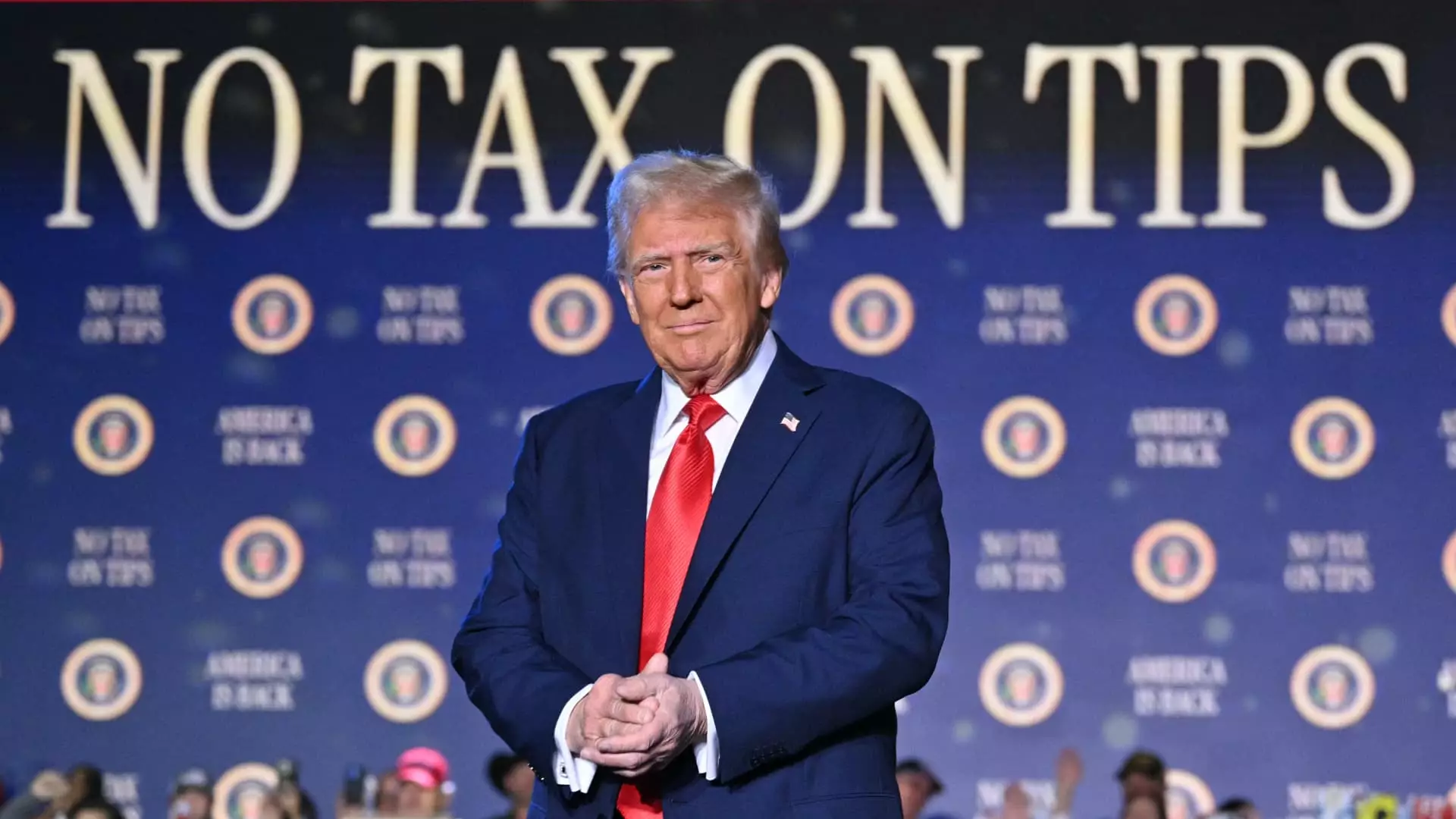The recent legislation, branded under President Donald Trump’s “big beautiful bill,” claims to offer financial reprieve by providing a “no tax on tips” provision. At surface level, this might sound like a significant win for hourly workers and service industry employees. However, peeling back the layers reveals the stark reality: this so-called tax benefit is more illusory than impactful. The notion of “no tax” on tips is misleading—because employees still bear the burden of payroll and state taxes on their earnings. What the law actually introduces is a modest deduction capped at $25,000, applicable only until 2028, and heavily contingent on income thresholds. In practice, this move is less about actually eliminating tax burdens and more about offering a superficial tax break that doesn’t substantially change the financial landscape for tipped workers.
The real limitations and ambiguities
The legislation raises critical questions about eligibility and scope—questions that remain inadequately addressed by the IRS. For instance, the law excludes many categories of workers, including actors, musicians, and performers in the arts, from benefiting from this deduction. This selective application underscores a broader issue: the relief is limited to a narrow subset of workers, and even within that group, practical hurdles complicate its utilization. The most confusing aspect pertains to what constitutes a “qualified tip.” According to the legislation, only voluntary cash tips or credit card tips directly offered by customers qualify. But in a world where automatic gratuities and mandatory service charges are commonplace, the line becomes blurry, and many workers may find themselves unable to capitalize on this benefit. Moreover, the requirement for proper reporting—employers must report tips either via forms W-2 or 1099—introduces yet another layer of complexity. Many tipped workers, especially in the gig economy or cash-based environments, often underreport or completely omit their earnings, rendering this benefit largely ineffective.
The broader implications and the risk of misunderstanding
One cannot ignore the larger implications of this legislation. This tax “break” appears to serve as a political carrot—an easy win for policymakers eager to showcase support for everyday workers. However, it risks creating a misconception: that tipping workers will suddenly face a lighter tax burden, when in reality, the core issues remain unaddressed. The gig economy’s rising prominence complicates matters further; thresholds for reporting income via platforms like PayPal, Uber, or Lyft are shifting, but this regulation does little to incentivize or enforce honest reporting. Consequently, many tips are still clandestine, unreported, and untaxed, which undermines the law’s intentions entirely. The superficial nature of this benefit ignores the deeper structural problems faced by low-wage workers—namely, inconsistent income, inadequate social safety nets, and the persistent shadow economy where tip reporting is voluntary and often neglected.
Ultimately, this legislation exemplifies the problem with political promises rooted in superficiality. While the “no tax on tips” headline sounds appealing, it ultimately offers a negligible benefit to the very workers it claims to help. Its limitations, ambiguities, and the underlying systemic issues make it a weak response to the ongoing struggles faced by tipped employees. If policymakers genuinely aimed to improve the financial well-being of service workers, more substantive reforms—such as fair wages, better tip transparency, and stricter reporting enforcement—are necessary. Instead, this legislation fosters an illusion of progress, leaving workers vulnerable to continued financial insecurity and exploitation. In the end, it seems less like a meaningful policy and more like a calculated political move to pacify public concern without addressing the root causes of economic inequality in the service industry.

